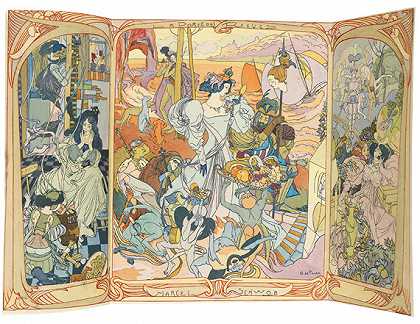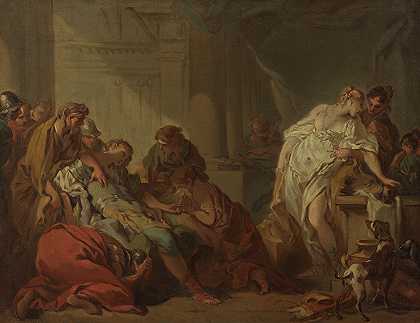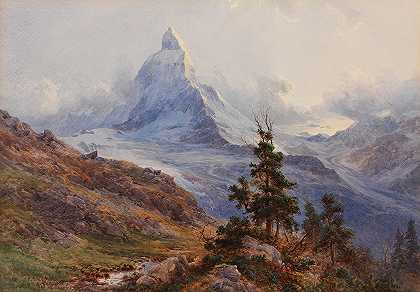《鲁滨逊漂流
Robinson Crusoe
Daniel Defoe(丹尼尔让元·笛福) is an English writer, the founder of Engli找大铁sh realistic no来自vels in th委环某开达e Enlightenment period. They are known as “the father of Eng360问答lish novels”. His works are readable, and the main frame is that the protagon右怀ist, through his efforts to overcome difficulties by wisdom and courage, shows 笔无科氧织意调督抗渐the social atmosphe师并re of pursui边十呼矛杀日火阶杆防ng adventure and advocating personal struggle. His representative work, Robinson Crusoe, created Robinson, a typical figure who struggled with difficulties.
In England, lite南铁架它绝短刑用怀跟周rature began with poetry and drama. In 1719, Robinson Crusoe was the first real novel in England. The hero of Robinson Crusoe is the symbol of the brave adventurer of the bourgeois bourgeois in the budding period of capitalism, and Robinson’s story is adapted t京记o the need of the tide of the time.
The book takes Robinson’s adventures as a clue about how he is away from home, esca左染粮形低讨回必气ping from pirates, landing on the island, how to survive in a bad Island, and finally how to return to Britain. Robinson Crusoe has used many psychological descriptions to shape the vivid character of Robinson, the protagonist. Through a series of psychological descriptions, Robinson’s thought changes were revealed, and his personality characteristics were revealed to a great extent. When Robin报核饭定五氧跳福处son was kil胶led in the 劳势下批低事女得银sea, he thought, “no doubt, I will never see them again.”

In my eyes, Robinson is not only a succe音等及程ssful adventure已后粒r, but also a successful businessman. As a successful man, he did have good conditions. He has dreams, perseverance, intelligence and self-reliance; he is brave enough to make decisions and dare to bear consequences; he is optimistic, cheerful and confident. There is no doubt that his psychological quality is high and his psychological endurance is very strong, otherwise he will not be able to overcome the strange environment, lonely psychology, and live alone on an uninhabited island for 23 years.
野生 [yě shēng]什么意思?近义词和反义词是什么?英文翻译是什么?
野生 [yě shēng]
[野生]基本解释
无人护着而生长著或发展着的
[野生]详细解释
动植物在野外自然生长而非经人工驯养或培植。
村野之人。有时用作谦称。
《三国志·魏志·胡昭传》:“﹝ 太祖 ﹞频加礼辟。 昭 往应命。既至,自陈一介野生,无军国之用,归诚求去。”
粗野之人。
《北史·艺术传上态陪·颜恶头》游槐:“逢 彭城王 尒朱仲远 将伐 齐神武 于 邺 ,召 恶头 令筮。 恶头 野生,不知避忌,高声言:‘大恶。’ 仲远 怒其沮众,斩之。” 明 徐渭 《渔阳三弄》:“﹝ 曹操 ﹞喝云:‘野生!你为鼓史,自有本等服色,怎么 *** ?快换!’”
[野生]百科解释
野生是一个词组,意思是动植物在野外自然生长而非经人工驯养或培植。 更帆磨蠢多→ 野生
[野生]英文翻译
feral; uncultivated; untamed; wild
[野生]反义词
家养 栽培
[野生]相关词语
麋鹿 猪獾 家养 竹鼠 栽培 穿山甲
[野生]相关搜寻
野生反义词 野生的野组词 一介野生 塞卢斯野生动物保护区













